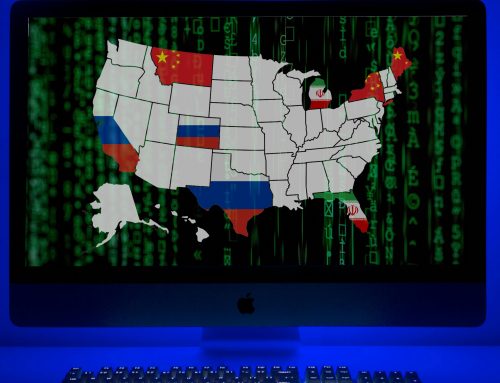The following is an introduction to the submission by ASD Intern Amber Frankland
In April 2019, the United Kingdom’s Home Office published its Online Harms White Paper, which proposed a regulatory framework designed to address the prevalence of “illegal and harmful content online.” The Paper called for the establishment of a “duty of care” that would place greater responsibility on companies to ensure the safety of their users and address harm caused through the use of their services. It broadly defined the companies to which the framework would apply as those “that allow users to share or discover user-generated contact or interact with each other online” and included among its “online harms” threats ranging from disinformation and terrorist activity to cyberbullying and child exploitation and abuse. The Paper further advocated the establishment of an independent regulator to oversee compliance with the new regulations and enforce punishments for non-compliance.
The UK government also solicited open consultation on the specifics of its proposals. To this end, ASD’s Brad Hanlon, Lindsay Gorman, and Bret Schafer submitted the following key recommendations to increase the effectiveness of the Online Harms White Paper’s response to online threats, which are drawn directly from their report:
- Lawmakers should reassess the broad scope of the “online harms” framework and consider the different legislative actions that may be necessary (or unnecessary) to combat varied challenges. They should also acknowledge the need for solutions that are tailored not only to specific threats, but that account for the nature, size, and capabilities of online platforms.
- Lawmakers should reassess whether an independent regulator is an effective method to combat the full range of “online harms” encompassed in the White Paper and consider other actions for countering threats that are difficult to define. If lawmakers proceed to establish an independent regulator, they should ensure that it is guided by a defined and proportionate enforcement structure and that it maintains credible independence from government.
- Lawmakers should construct a definition of “private communications” that includes encrypted messaging platforms and craft legislation that regulates “online harms” on these platforms without threatening democratic norms.
As one of the first efforts to create a comprehensive framework to address threats to online safety, the regulations that the UK adopts will influence the approaches of other countries – including those with a weaker democratic record. By taking these steps, the UK can most effectively shape international norms surrounding online regulation.







